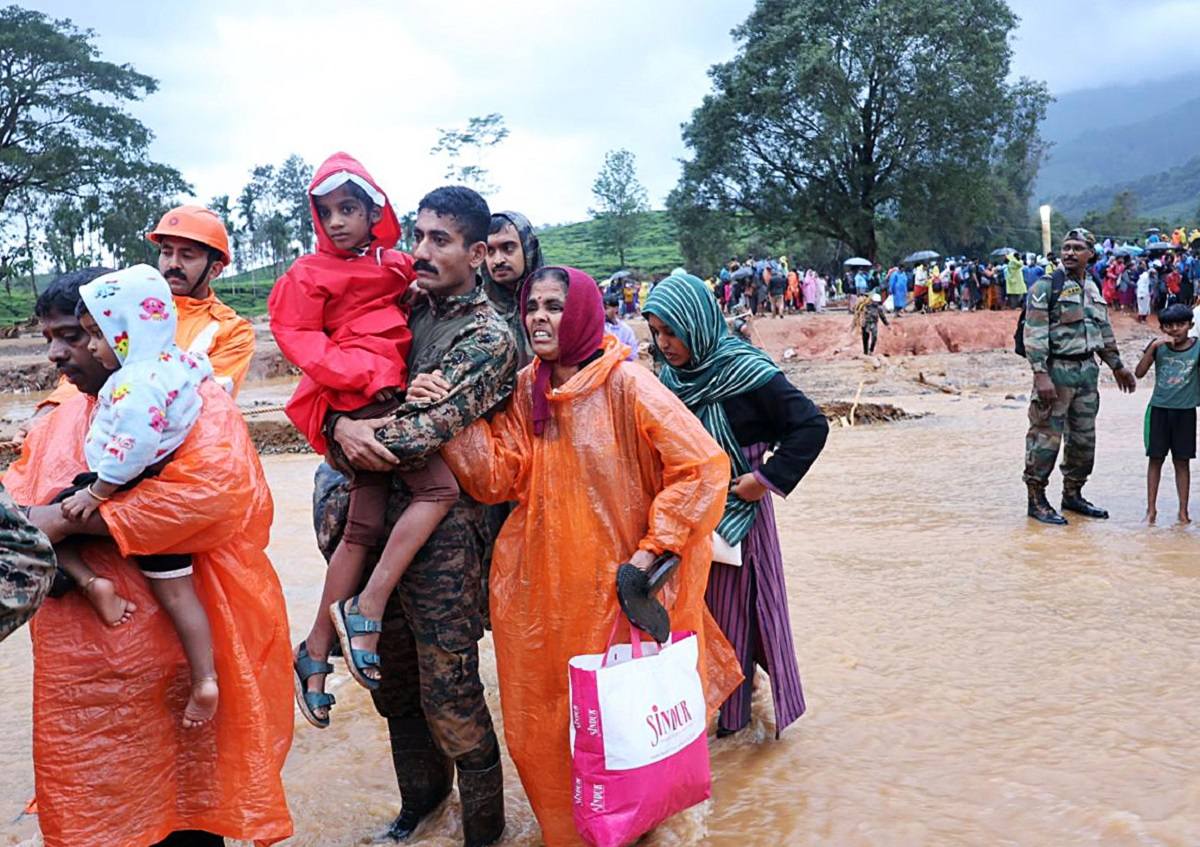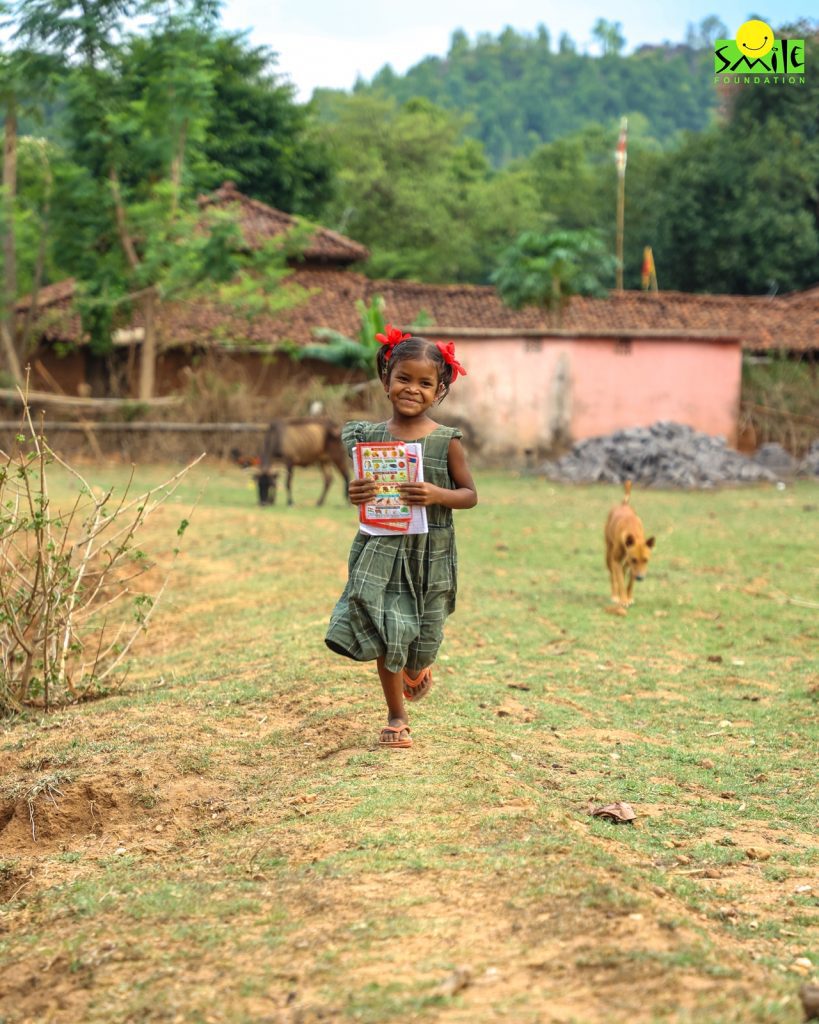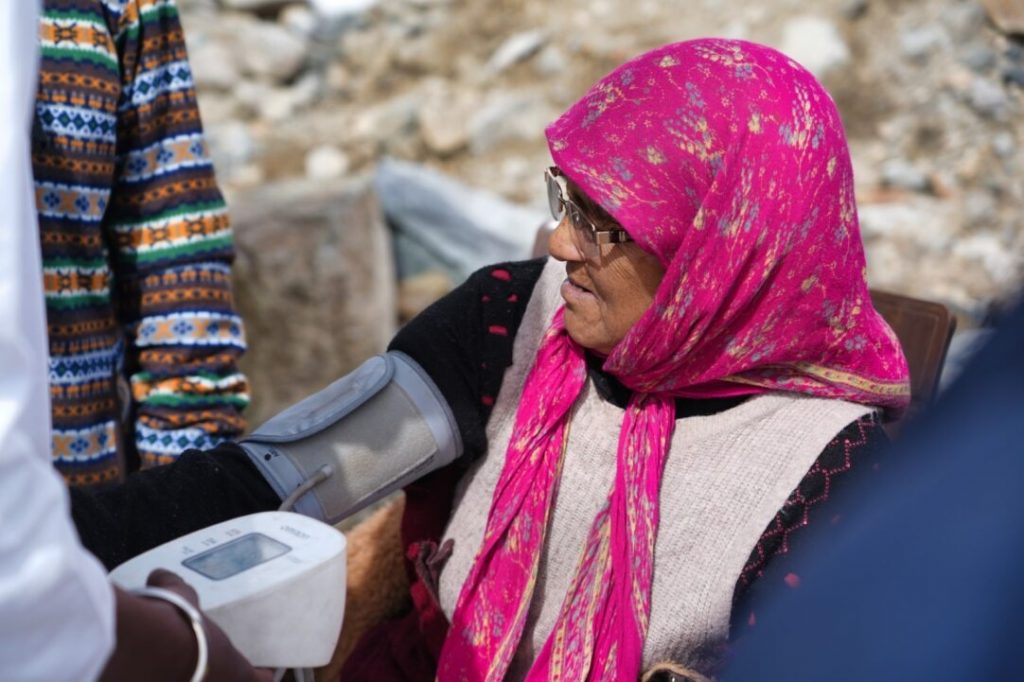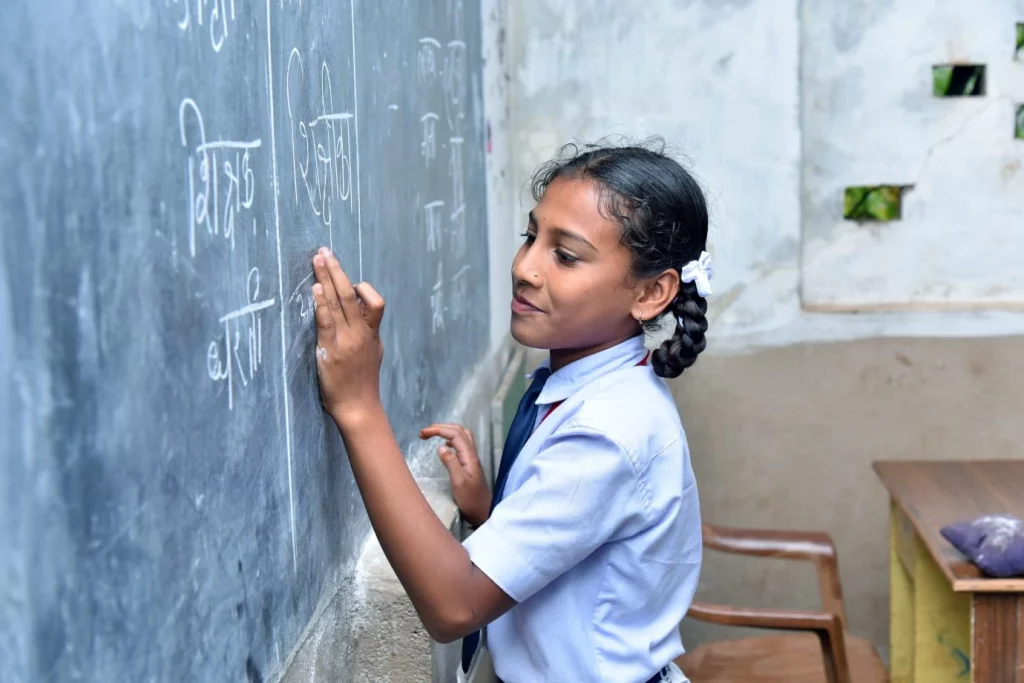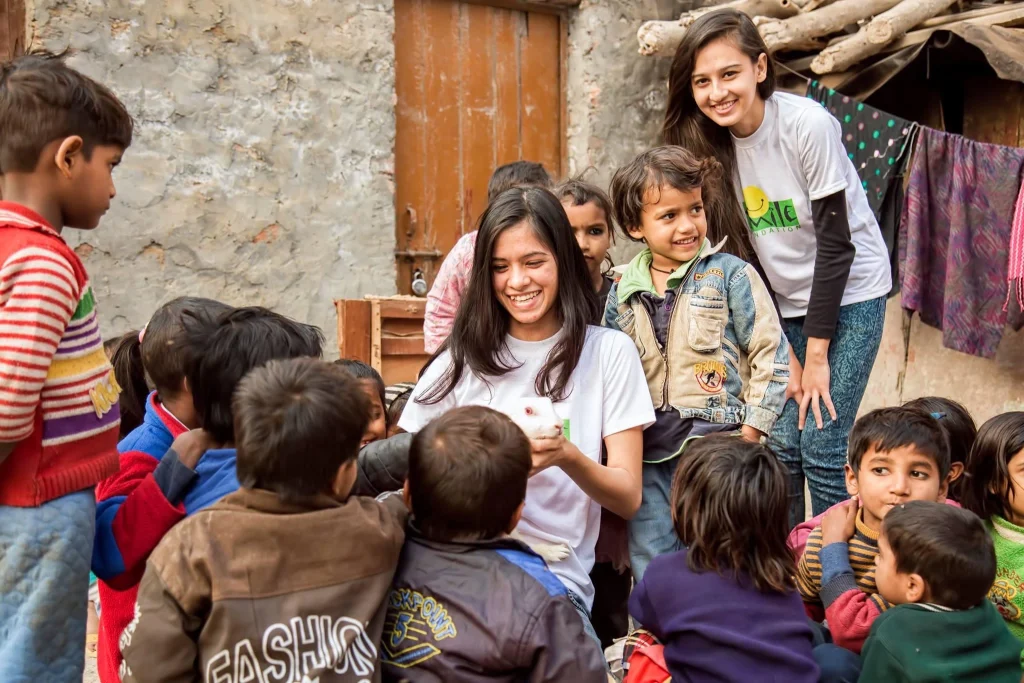Every year in the Assam state of India, lakhs of people are impacted due to floods. Many people lose their livelihood, houses, while some also lose their lives. Natural disasters like floods, forest fires, earthquakes, cyclones, etc., can occur at any time without warning. In such events, a large number of people suffer because of the aftermath needing immediate assistance in the form of medical supplies, food, safe drinking water, clothing, etc.
Whenever such an emergency arrives, it is through the collective effort of government agencies, security agencies, public, and non-government organizations (NGOs) that countless lives are saved and communities are rebuilt. Particularly, the role of NGOs cannot be ignored in these activities as they work on the grassroots with the communities and are able to provide quick assistance because of their network.
Disasters, whether natural or man-made, can have catastrophic impacts on communities, causing loss of life, displacement, and economic hardship. In such times, NGOs often serve as the first line of defence, providing critical support and resources. This highlights the crucial role NGOs play in disaster management, a role that extends far beyond immediate relief to encompass preparedness, recovery and mitigation.
Immediate Response
It is often the NGOs who are the first responders in the wake of a disaster. Their proximity to affected communities and ability to mobilise quickly allows them to provide immediate relief, including food, water, shelter and medical care.
Coordination and Relief Efforts
One of the biggest advantages that NGOs have is that they have a ready network of volunteers and community workers who can mobilise people in a short duration. The established systems allow them to quickly coordinate when an emergency situation arrives and ensuring that aid reaches those who need it the most. They work closely with local authorities, international organisations and other NGOs to streamline the distribution of resources and avoid duplication of efforts.
Providing Medical Assistance
When the second wave of Covid-19 pandemic swept through Delhi, it caused an acute shortage of oxygen supply. This was when NGOs came together, raised funds and made available oxygen cylinders to the hospitals and patients who needed it. There are a number of NGOs who specialise in providing medical assistance to people in the event of such disasters. Apart from that, they also provide essential medical services, including vaccinations and disease prevention measures.
Offering Shelter and Supplies
One of the biggest challenges in the aftermath of a natural disaster is to provide shelter to thousands of people. This is to ensure that no further injuries or casualties occur and the people who have lost their homes find temporary support before they are rehabilitated by the government. This is where NGOs come in as they provide essential support by building shelters, distributing supplies and rebuilding homes.
Addressing Mental Health Needs
While this has largely been ignored for a long time, people are becoming more and more aware of the impact of such events on the mental health of those who are impacted. Therefore, NGOs that work in the area of mental health can provide necessary support to anyone who is in need of it. The psychological effects of a natural disaster can be profound, especially for those who lose their homes or loved ones. These people require immediate intervention to help them cope with their loss.
Disaster Preparedness and Risk Reduction
As we talked about the example of Assam at the beginning of this article, there are various initiatives that provide support to the local communities and educate them for disaster preparedness. NGOs can help by educating communities about potential hazards and how to mitigate them. They conduct training sessions, develop early warning systems and create disaster preparedness plans. This is especially useful in areas which are prone to regular natural events that cause loss of life and property.
Advocacy and Policy Influence
Lastly, NGOs work with the government and legal agencies to advocate for policies that help in enhancing disaster management and risk reduction. They work to influence government policies and international frameworks to ensure that disaster management strategies are inclusive and effective. They also work with local communities to press for the implementation of these policies on the ground.
Smile Foundation and Disaster Management
These are some of the ways in which NGOs play an important role in the wake of a natural disaster. At the same time, there may be several events where human-made disasters also create similar situations where NGOs have to come in and support those affected. One such example can be the recurring landslides in Himalayan regions of India. The country has also seen horrific events like the Bhopal gas tragedy where millions of people were impacted, and those effects continue to shape those lives even today. NGOs work with the victims of the tragedy to ensure they get the assistance they are entitled to.
Similarly, there are innumerable examples of how NGOs intervene before and after a disaster, and how they help in disaster management in the immediate aftermath of the event. Their efforts complement those of government agencies and other stakeholders, helping to save lives, alleviate suffering, and rebuild communities. By continuing to support and collaborate with NGOs, we can enhance our collective ability to respond to and recover from disasters.
In response to the recent floods in Wayanad, Smile Foundation swiftly mobilised its resources to provide critical relief to affected communities. Leveraging our strong grassroots network, we were able to deliver immediate assistance, including food, clean drinking water and medical supplies to those in need. Our team also focused on offering shelter and addressing the mental health challenges faced by flood victims, ensuring holistic support during this crisis. This effort highlights our ongoing commitment to disaster management, working hand-in-hand with local authorities and other stakeholders to rebuild and strengthen communities in the aftermath of such devastating events.

